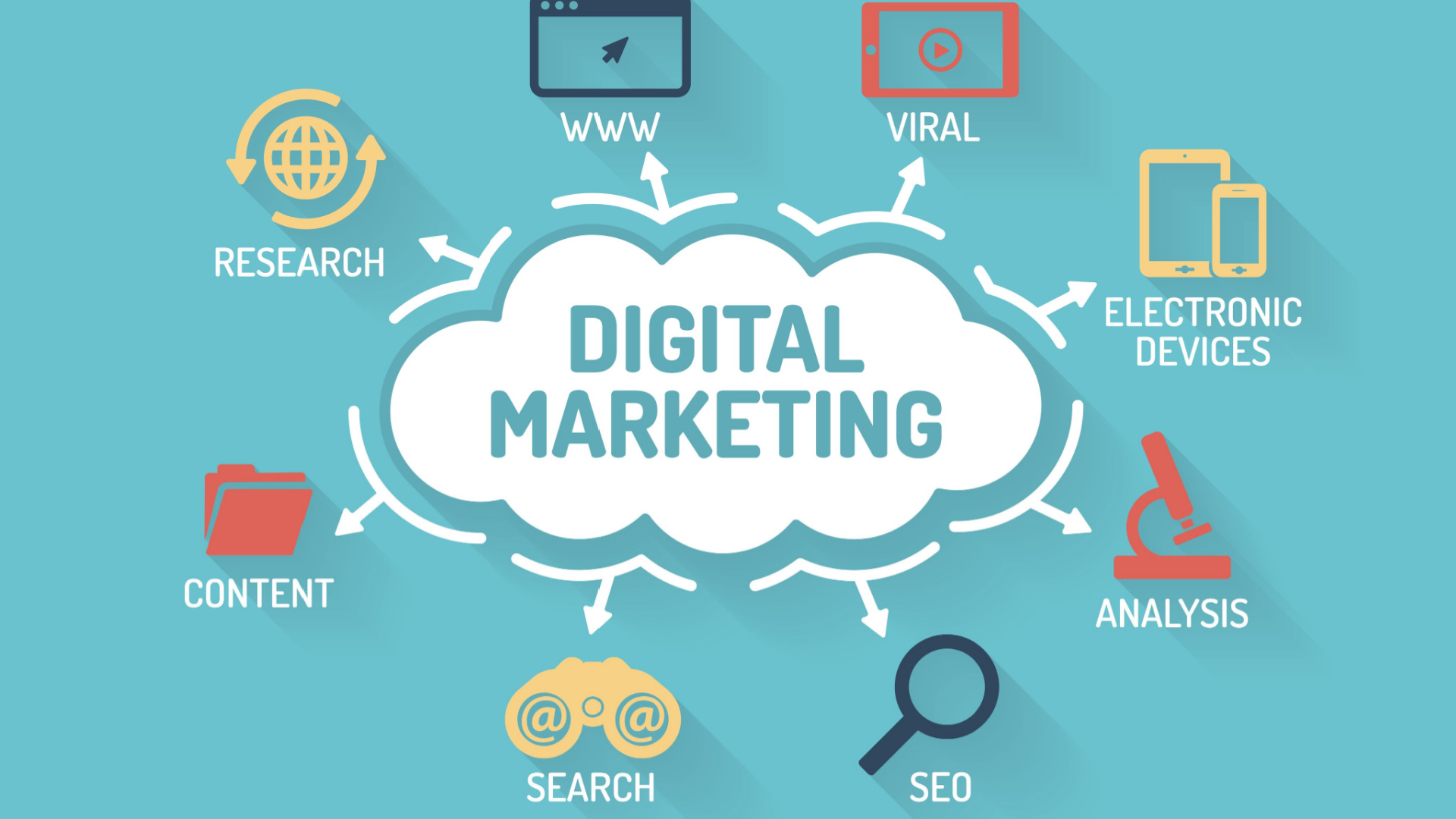
5 Outstanding Marketing Objectives For 2022 & Beyond
5 Outstanding Marketing Objectives For 2022 & Beyond
Making a marketing plan without any goals is similar to packing for a trip without knowing where you're going. Should you bring a swimming suit and flip-flops, or a sweater and gloves?
You cannot effectively plan if you don't know where you're going. Similar to this, it is impossible to optimize your plan for the best results without any marketing objectives.
Defining a marketing objective
Despite the frequent confusion between these two terms, marketing goals and marketing objectives are two distinct concepts.
Long-term, broad marketing objectives are frequently motivated by a company's mission and purpose. However, marketing objectives should be measurable using statistics, time frames, or both, and are more narrowly focused.
How do marketing goals affect your marketing strategy?
Although they are an important component of the marketing strategy, the objectives aren't always the first thing you should outline.
You must first comprehend a few key aspects of your brand for your ambitions to be attainable. As a result, before establishing the goals of your marketing strategy, you need to:
● Identify the mission of your brand. Everyone in a firm needs to be working toward a bigger objective for it to be successful. As a result, the marketing strategy must be consistent with the company's objective.
● Analyse the company's current status, taking into account both internal and external issues. The market and the general state of your industry are examples of external forces. The internal elements include your own business's resources and personnel.
● Consider your rivals. Which companies are your primary rivals, and how are they viewed by consumers? How much money do they have to spend, how much business do they manage, how much do their goods or services cost, how do they obtain customers, etc.?
Using smart goals
You should constantly make sure that your goals are SMART. This well-known abbreviation is a useful tool for describing your goals. It makes sure your goals are specific and makes them simpler to evaluate while you're reviewing your campaign.
What does SMART stand for?
● Specific: The goals must be specific, concrete, and well-defined. Consider your responses to the fundamental questions of what, who, where, when, how, and why.
● Measurable: It will be impossible to tell if you have achieved a target if you are unable to accurately measure it. As a result, you need to consider your success criteria and the KPIs you will employ.
● Attainable: Ambitious or overly simple goals don't produce any outcomes.
● Realistic: Consider your prior assets and accomplishments.
● Timely: Give your objective a due date so you may check to see if it has been attained. A larger goal can be broken down into smaller goals to allow for course correction as you proceed.
1. Boost Brand Recognition
Increasing brand or product awareness is an excellent objective to direct your marketing strategy, regardless of whether your business is new, you are introducing a new product, or you have chosen to target a new demographic.
Let's use choosing to target a new audience as an illustration. Success for this goal can be determined by comparing audience brand awareness before and after the campaign, and counting the number of impressions.
2. Gaining Market Share
The competition analysis presented at the end of this blog post is relevant to this marketing goal. You can envision where you want to be after your campaign, and establish your specific place in the market by looking at other companies that are already well-known in your sector.
3. Introduce a New Product
Any marketing department has a special set of difficulties when launching a new product. It takes a lot of work to get the word out about a new product and create excitement. This goal might have a number of various goals, including establishing the communication strategy, price, and positioning.
4. Introduce the business to new regional or global markets
When introducing the brand to a new market, positioning and communication strategy are crucial, just like when launching a new product. Understanding cultural and consumer disparities is also essential.
5. Increased ROI
One of the most crucial marketing indicators is the return on investment (ROI), which determines whether or not your investment is profitable.
Since we are aware of the cost per click on conversions for our actions, measuring ROI in the realm of digital marketing is now simpler than ever. This goal may have several different objectives because there are numerous ways for a business to boost its ROI.
Web Agency Geneva can support you with your precise marketing goals. Contact our team today to discuss your precise needs.